In the narrow, sun-drenched streets of Old Havana, a quiet revolution is unfolding. Behind the pastel-colored facades of colonial-era buildings, a new generation of Cuban entrepreneurs is redefining hospitality. The island’s casas particulares—privately owned guesthouses—have exploded in popularity, offering travelers an intimate alternative to the sterile luxury of international hotel chains. These homes-turned-hostels are not just places to sleep; they are portals into the rhythms of Cuban life, where the aroma of slow-cooked ropa vieja mingles with the sound of neighbors arguing over baseball.
The rise of casas particulares is inextricably linked to Cuba’s shifting economic landscape. For decades, the government tightly controlled private enterprise, but recent reforms have allowed small businesses to flourish. "Before, running a guesthouse was like a secret," says María López, whose three-bedroom casa in Centro Habana has become a hub for European backpackers. "Now, we’re proud to hang our licenses by the door." The numbers tell the story: in 2010, there were fewer than 2,000 registered casas; today, estimates suggest over 30,000 operate across the island.
What sets these accommodations apart is their authenticity. Unlike the marble lobbies of Havana’s five-star hotels, where staff wear stiff uniforms, casas particulares thrive on personal connection. Guests might find themselves sharing a breakfast of mango jam and strong coffee with their host’s extended family, or getting impromptu salsa lessons on a rooftop terrace. "At the Meliá, they give you a key card and a minibar," laughs Tomás Ruiz, a Spanish photographer who has stayed in over two dozen casas. "Here, they give you their grandmother’s recipe for mojitos."
The aesthetic charm is equally irresistible. Many casas are housed in crumbling colonial mansions, their high ceilings adorned with antique chandeliers, their courtyards overflowing with bougainvillea. Owners often spend years restoring intricate tilework or hunting for vintage furniture at Havana’s sprawling El Rastro flea market. The result is a curated bohemian elegance that no corporate decorator could replicate. "Five-star hotels feel like airports—same everywhere," notes French travel blogger Élodie Moreau. "But every casa has its own heartbeat."
Economics also play a role in their appeal. With nightly rates averaging $25-$50 (compared to $300+ at luxury hotels), casas have become a lifeline for budget-conscious travelers amid Cuba’s spiraling inflation. More importantly, the money flows directly into local pockets. "When you pay a hotel, God knows where those dollars go," says Carlos Mendoza, a tour guide who exclusively recommends casas to his clients. "But with casas, you’re buying eggs from the corner bodega, paying the neighbor’s son to play guitar—it’s community tourism in its purest form."
Yet challenges persist. The rapid growth has led to uneven quality, with some casas offering little more than a mattress in a converted closet. Internet access—crucial for digital nomads—remains patchy due to Cuba’s archaic infrastructure. And while regulations have loosened, bureaucratic hurdles still frustrate owners. "Last month, three inspectors came because my bathroom mirror was 10 centimeters too small," rolls her eyes Yamilet Peña, whose artsy casa in Trinidad is decorated with her husband’s abstract paintings.
Cultural tensions occasionally surface too. Some older Cubans view the casa boom as a betrayal of socialist values, while others worry about neighborhoods becoming "tourist zoos." In Viñales, where over half the homes now operate as casas, longtime resident Lázaro Hernández grumbles: "My town used to smell of tobacco leaves. Now it smells of sunscreen."
Still, the movement shows no signs of slowing. Innovative owners are upping their game—installing solar panels to combat blackouts, offering cooking classes with professional chefs, even creating casa networks that allow guests to island-hop between affiliated properties. For travelers seeking more than a postcard-perfect facade, these homes offer something rare: a chance to live, however briefly, inside Cuba’s unfolding story. As López observes while setting out banana leaves for tomorrow’s tamales: "Hotels sell comfort. We sell truth."
The phenomenon has begun influencing Cuban culture beyond tourism. Novelists set plots in crowded casas where secrets spill over shared meals. Musicians compose guajira-blues ballads about lonely casa owners falling for guests. Even the government has taken note—recently featuring a casa host in a TV ad campaign promoting entrepreneurship. It’s a far cry from the days when operating a private guesthouse could land you in jail.
As dusk falls over Havana, the contrasts sharpen. Along the Malecón, tour groups file into air-conditioned buses while couples linger on casa balconies, splitting bottles of rum with their hosts. The casas won’t replace grand hotels—nor should they. But in a country where official narratives often collide with street-level reality, these unscripted spaces have become vital middle ground. They remind us that the soul of a place isn’t found in thread-count or concierge services, but in the messy, magical collisions between strangers who become temporary family.
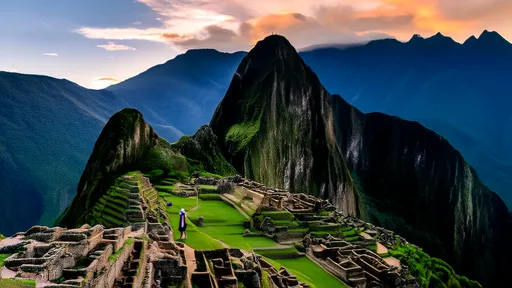
By /Aug 5, 2025

By /Aug 5, 2025

By /Aug 5, 2025

By /Aug 5, 2025

By /Aug 5, 2025

By /Aug 5, 2025
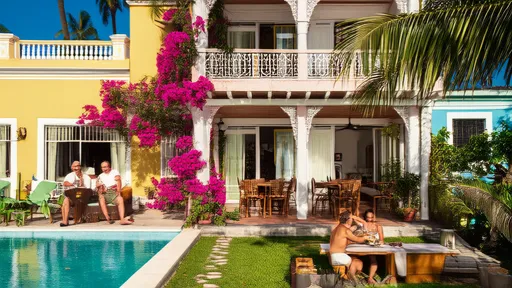
By /Aug 5, 2025
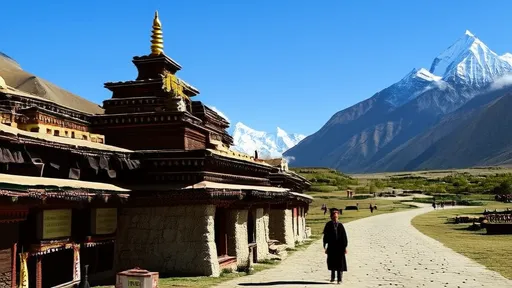
By /Aug 5, 2025
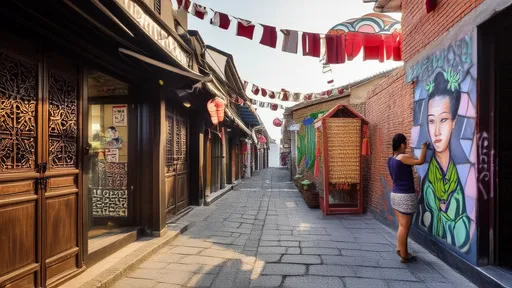
By /Aug 5, 2025
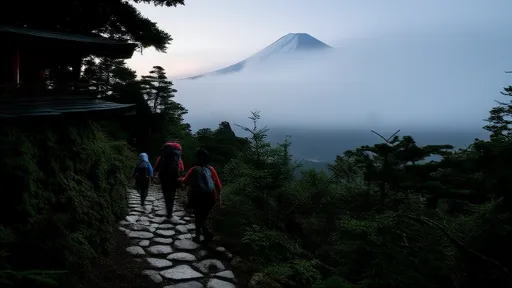
By /Aug 5, 2025

By /Aug 5, 2025

By /Aug 5, 2025

By /Aug 5, 2025

By /Aug 5, 2025

By /Aug 5, 2025

By /Aug 5, 2025

By /Aug 5, 2025
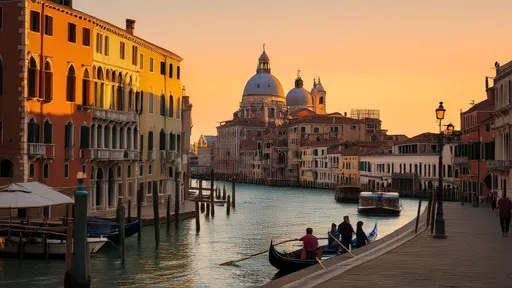
By /Aug 5, 2025

By /Aug 5, 2025

By /Aug 5, 2025